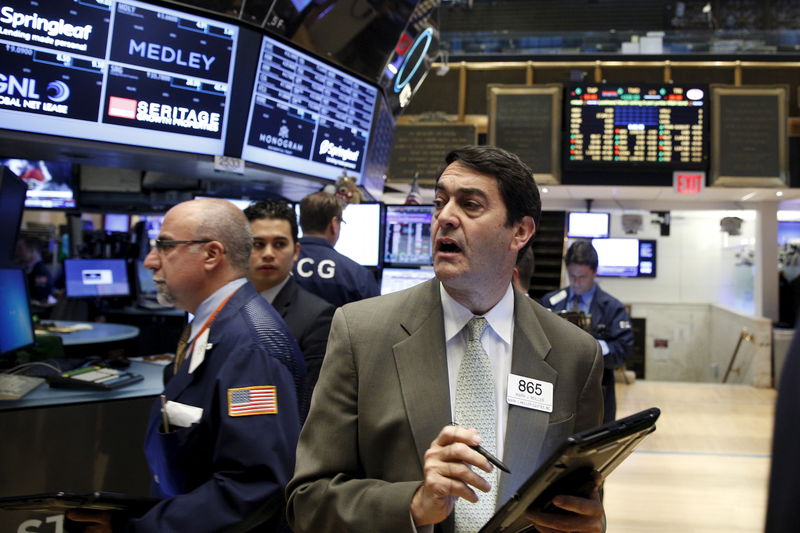Keep calm and carry on – for now at least – is the message for investors amid the escalating crisis between Ukraine and Russia, which has created waves across financial markets.
The comments from Nigel Green of deVere Group, one of the world’s largest financial advisory, asset management and fintech organizations, come as Russian President Vladimir Putin has recognized two separatist-held regions in Ukraine as ‘independent states’ and seems to be sending in his own troops.
“This is the beginning of a Russian invasion of Ukraine,” U.S. President Joe Biden said on Tuesday.
U.S. markets closed sharply down on Tuesday, European markets were volatile as well and Asia-Pacific experienced a sell-off.
Nigel Green notes: “Markets were hoping for a more stable week this week following the previous two of turbulence. However, events are moving fast in the Ukraine-Russia crisis and this, naturally, has an impact.
“We can expect markets to remain volatile as they will have knee-jerk reactions over the next few days as the situation develops.
“We’ve seen this in action with the S&P 500 closing in correction territory on Tuesday, but Asian markets are mostly higher on Wednesday, as traders added stocks at lower prices following the recent sell-offs. European markets also edged up at the open and U.S. futures have nudged higher too.”
He continues: “If their portfolio is indeed well-diversified, for the time being at least I would urge investors to remain cautious and consistent.
“In terms of what investors should do against a flurry of worrying headlines on major geopolitical issues, it is not ‘sell in a panic’, or the opposite reaction: ‘buy everything’. For most long-term investors, it is ‘keep calm and carry on’.”
It’s nearly impossible to predict what the stock market is going to do in the immediate future – especially as the situation that’s shaping them right now is so fluid.
However, stock markets can be fairly predictable over long periods of time. They tend, over time, to go up over multi-year time periods. With this in mind, a sensible strategy is dollar cost averaging.
“Investors need to ask themselves ‘will stock markets be higher than this when I retire? Looking at financial market history, the answer is probably ‘yes’, if they have a decade or more ahead of them. So, logically they should carry on buying as markets fall,” says Nigel Green.
“It is often said that the key to investment success is to buy low and sell high. The only problem with that theory is that trying to accurately time the weakest point in the cycle is impossible.”
As Europe and the U.S. implement tough new sanctions designed to isolate Russia from the Western banking system, cut off some of its key gas market, and punish Putin-friendly Russian oligarchs, and with Moscow not looking like it will back down any time soon, the issue will continue to dominate market sentiment in the near-term at least.
The deVere CEO concludes: “History teaches us that panic-selling in stock market dips driven by geopolitics can be potentially financially disastrous for investors.
“It’s best to just feed the money in over time in a measured way in order to take advantage of the long-term trend of stock markets to deliver long-term capital growth.”


 Forex3 weeks ago
Forex3 weeks ago


 Naira2 weeks ago
Naira2 weeks ago
 Billionaire Watch2 weeks ago
Billionaire Watch2 weeks ago




 Naira2 weeks ago
Naira2 weeks ago




 Naira2 weeks ago
Naira2 weeks ago




 Naira1 week ago
Naira1 week ago




 Naira4 weeks ago
Naira4 weeks ago




 Naira3 weeks ago
Naira3 weeks ago



















